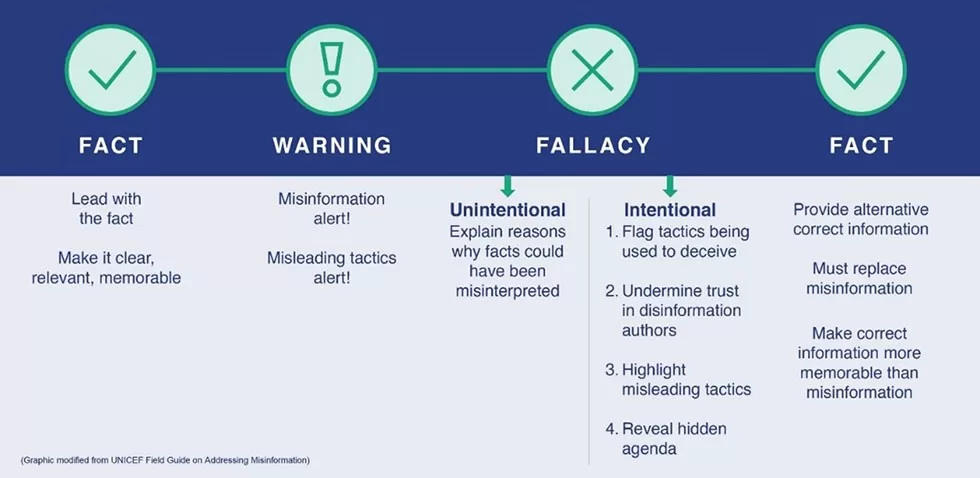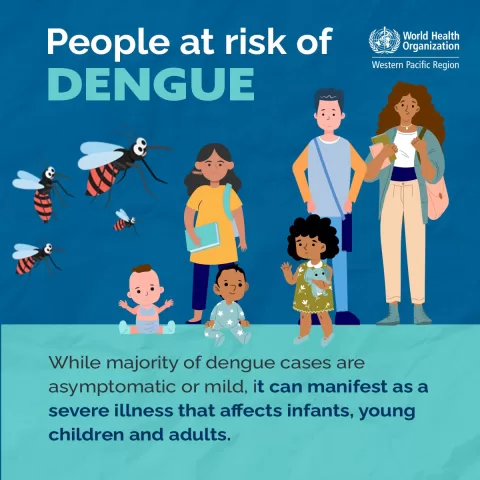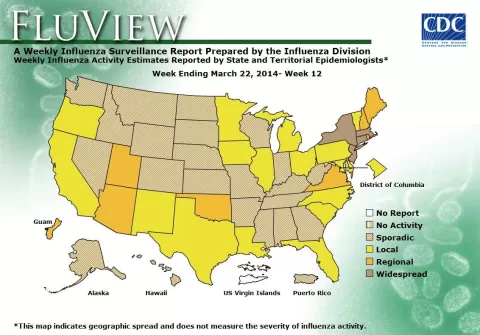CDC vaccine misinformation has emerged as a serious concern, particularly with the recent revelation of a fraudulent U.S. Centers for Disease Control and Prevention (CDC) website promoting false vaccine narratives. This imposter site, linked to the anti-vaccine movement and the nonprofit Children’s Health Defense, was designed to mislead the public about vaccine safety, leveraging familiar CDC branding to gain trust. Led previously by controversial figure Robert F. Kennedy Jr., the organization has faced criticism for its promotion of unscientific claims, particularly regarding vaccines and autism. The proliferation of such misinformation threatens public health and underscores the urgent need for clear communication from reliable sources. As outbreaks like measles surge due to declining vaccination rates, awareness about the realities of vaccine safety is more vital than ever to combat the dangerous spread of these misleading messages.
Recent developments in vaccine-related misinformation highlight the ongoing battle between credible health information and misleading narratives propagated by anti-vaccine factions. A recently unveiled fake CDC site, emblematic of this struggle, aimed to undermine public confidence in vaccination programs by mimicking official CDC communications. With ties to organizations like Children’s Health Defense, previously helmed by Robert F. Kennedy Jr., these deceptive sites often spread unfounded fears about vaccine links to autism. Such activities not only jeopardize community health by fostering vaccine hesitancy but also reflect a broader trend in misinformation that exploits fears during times of health crises. Addressing these challenges is crucial in ensuring that parents have access to accurate, science-based resources to make informed decisions regarding their children’s health.
Understanding the Fake CDC Vaccine Website
The proliferation of misinformation regarding vaccine safety has reached alarming levels, particularly with the creation of fake CDC websites designed to mislead the public. The recent discovery of a counterfeit vaccine safety site, connected to the anti-vaccine nonprofit once led by Robert F. Kennedy Jr., showcases the lengths to which misinformation campaigns will go to instill doubt about vaccines. This spurious site not only borrowed the CDC’s visual branding but also disseminated false narratives that have been scientifically debunked, such as misleading claims linking vaccines to autism.
Such impersonation raises serious concerns about public trust in legitimate health authorities like the CDC. When individuals encounter fake websites that mimic official sources, it becomes challenging to discern fact from fiction, leading to increased susceptibility to the anti-vaccine movement’s propaganda. Websites like the one operated under Children’s Health Defense (CHD) utilize deceptive tactics to cherry-pick data and testimonials, thereby manipulating public perception to align with their anti-vaccine agenda.
The Impact of Anti-Vaccine Misinformation on Public Health
The rise of anti-vaccine sentiment has significant repercussions for public health, particularly evidenced by the recent measles outbreak in the United States, which has been attributed to declines in vaccination rates. The resurgence of preventable diseases highlights the dangers of misinformation perpetuated by groups like CHD. As populations that have previously been vaccinated begin to dwindle, diseases such as measles can quickly circulate through communities, putting vulnerable individuals at risk and straining healthcare resources.
Furthermore, the influence of prominent figures like Robert F. Kennedy Jr. cannot be understated. His public stances, which often falsely link vaccines to serious health issues, amplify the reach of anti-vaccine misinformation. This not only breeds skepticism towards vaccine safety but also encourages parents to forego vaccinating their children, making them susceptible to outbreaks. As the CDC plans to initiate large-scale studies examining the real implications of vaccination, the necessity to combat inaccuracies and reinforce evidence-based science is more critical than ever.
The Role of Social Media in Spreading Vaccine Misinformation
Social media platforms have become a breeding ground for vaccine misinformation, allowing for rapid dissemination of false information. The recent fake CDC vaccine safety site was propelled into the spotlight largely due to social media coverage, illustrating how quickly deceptive content can spread. Many users encounter misleading narratives from groups that oppose vaccination, significantly impacting public opinion and health decisions.”},{
Frequently Asked Questions
What is the connection between CDC vaccine misinformation and the anti-vaccine movement?
The CDC vaccine misinformation is often propagated by the anti-vaccine movement, which promotes unfounded claims about vaccine safety. This movement utilizes false narratives and misleading information to sow doubt about vaccines’ efficacy and safety, leading to decreased vaccination rates and public health risks.
How did the fake CDC vaccine site linked to Robert F. Kennedy Jr. contribute to CDC vaccine misinformation?
The fake CDC vaccine site, which was linked to a nonprofit previously led by Robert F. Kennedy Jr., contributed to CDC vaccine misinformation by mimicking the official CDC website and promoting false claims about vaccine safety. By using similar branding and language, the site misled users into believing its misinformation, thereby influencing public perception negatively.
What role did Children’s Health Defense play in the recent CDC vaccine misinformation incident?
Children’s Health Defense (CHD) was implicated in the recent CDC vaccine misinformation incident as the organization hosted the fake CDC vaccine site. This site used deceptive tactics to misinform the public about vaccines, further enabling anti-vaccine sentiments and contributing to public health issues.
Why is the CDC reacting to the rise of vaccine misinformation linked to anti-vaccine groups?
The CDC is reacting to the rise of vaccine misinformation linked to anti-vaccine groups to protect public health. Misinformation can lead to vaccine hesitancy, which has resulted in outbreaks of preventable diseases. The agency is focusing on restoring trust through evidence-based information and studies to tackle falsehoods surrounding vaccine safety.
What measures is the CDC taking to combat vaccine misinformation after the fake site incident?
In the wake of the fake site incident, the CDC announced plans for a large study to investigate claims linking vaccines to autism, directly addressing misinformation. By affirming its commitment to evidence-based science, the CDC aims to counteract the narratives promoted by anti-vaccine groups like Children’s Health Defense.
What challenges does the CDC face from vaccine misinformation propagated by the anti-vaccine movement?
The CDC faces significant challenges from vaccine misinformation propagated by the anti-vaccine movement, including decreased vaccination rates, increased disease outbreaks, and a growing distrust in science. Addressing this misinformation is vital for public health and requires ongoing education and transparent communication.
How does the CDC ensure vaccine safety amidst widespread misinformation?
The CDC ensures vaccine safety through rigorous scientific research, monitoring vaccine effects, and updating vaccination guidelines based on the latest evidence. The agency works diligently to counteract misinformation by providing clear, factual information about vaccine safety to the public.
What impact does CDC vaccine misinformation have on public health?
CDC vaccine misinformation can severely impact public health by leading to vaccine hesitancy, resulting in lower immunization rates and increased vulnerability to outbreaks of infectious diseases. The recent measles outbreak emphasizes the dangers of misinformation and the critical need for accurate public health messaging.
| Key Point | Details |
|---|---|
| Imposter CDC Vaccine Site | A fake CDC vaccine safety site mimicking the official one was discovered and taken down. |
| Linked to Anti-Vaccine Organization | The fraudulent site was connected to Children’s Health Defense (CHD), a nonprofit previously led by RFK Jr. |
| Misinformation Spread | The site cited misinformation about vaccines and autism, including using pseudo-testimonials from parents. |
| Government Response | HHS Secretary Robert F. Kennedy Jr. demanded the removal of the site and has initiated further studies on vaccine safety. |
| Ongoing Measles Outbreak | A significant measles outbreak is currently affecting many unvaccinated children across the U.S. |
Summary
CDC vaccine misinformation poses a significant threat to public health, as highlighted by the recent discovery of a fraudulent CDC vaccine safety site. This deceptive platform, linked to a prominent anti-vaccine organization, misrepresented critical vaccine information and fueled vaccine hesitancy during a measles outbreak. Such misinformation not only undermines trust in public health authorities but also contributes to the resurgence of preventable diseases, emphasizing the need for continued vigilance and accurate communication from credible sources.
The content provided on this blog (e.g., symptom descriptions, health tips, or general advice) is for informational purposes only and is not a substitute for professional medical advice, diagnosis, or treatment. Always seek the guidance of your physician or other qualified healthcare provider with any questions you may have regarding a medical condition. Never disregard professional medical advice or delay seeking it because of something you have read on this website. If you believe you may have a medical emergency, call your doctor or emergency services immediately. Reliance on any information provided by this blog is solely at your own risk.








